Massachusetts Short Term Rental Regulations
By: Albert Brown | Jun 26, 2025

Massachusetts has long been a sought-after destination for travelers, with its historic charm, scenic coastlines, and world-class attractions. Recently, short-term rentals have surged across the Commonwealth, offering visitors unique accommodations and property owners new income opportunities.
Operating a short-term rental in Massachusetts requires understanding and complying with specific regulations. A Short-Term Rental (STR) is defined under Massachusetts law as the occupancy of a residential dwelling for less than 31 consecutive days for rent. These rentals are governed by Chapter 64G of the Massachusetts General Laws, which establishes a framework for registration, taxation, and safety requirements.
This guide provides property owners and managers with a roadmap to understanding Massachusetts Short Term Rental Regulations, covering state registration requirements and local restrictions. Whether you own a beachfront cottage on Cape Cod or a Boston brownstone, compliance begins with knowing these rules.
The Statewide Framework: Understanding Chapter 64G
Chapter 64G of the Massachusetts General Laws establishes Massachusetts Short Term Rental Regulations. This legislation, enacted in 2018 and implemented in 2019, created a statewide framework to address the expanding STR market.
The primary objectives of the law include:
- Establishing a statewide registry for short-term rental properties
- Implementing a standardized tax collection system
- Setting baseline safety and insurance
- Allowing municipalities to implement local regulations
Under Chapter 64G, an Operator is defined as the person who offers a property for short-term rental occupancy. This is the property owner, a lessee who sublets the property, or a management company acting on behalf of the owner.
A crucial component of this legislation is the creation of the Statewide Short-Term Rental Registry managed by the Department of Revenue (DOR). This registry serves as the central database tracking all STR properties in Massachusetts.
Before diving into local regulations for your property, it is essential to understand this state-level framework, as it establishes the minimum requirements all STR operators must meet.
Registration Requirements: Getting Listed on the State Registry
All STR operators in Massachusetts must register their properties with the MA DOR before listing or renting them. This is a necessary first step in legal compliance, regardless of your property’s location in the state.
The registration process is completed online through the MassTaxConnect portal and requires:
- The address of the property
- Contact information for the operator
- The property type (e.g., whole home, private room)
- Information on whether the property is your main residence
- A local contact person’s details for issue resolution
Registrations must be renewed annually. Operators receive a certificate of registration, often required by platforms, insurers, or municipalities. Register via the official DOR STR portal.
Taxation: Understanding Your Responsibilities
Massachusetts STR operators are subject to several taxes:
- State Excise Tax: 5.7% applied to total rent
- Local Option Excise Tax: Up to 6.5%, varies by municipality
- Community Impact Fee: Up to 3% for non-owner-occupied or multiple-unit operators
- Cape Cod & Islands Water Protection Fund: 2.75% in applicable towns
Booking platforms may collect taxes on your behalf. For direct bookings, you must register for a tax account, collect taxes, and remit them through the DOR.
Safety, Insurance, and Compliance Standards
State Requirements
All STRs must comply with safety regulations, including:
- Working smoke detectors in bedrooms and each floor
- Carbon monoxide detectors
- Clearly marked fire escape routes
- Compliance with plumbing and electrical codes
- Proper sanitation and hygiene
Local Inspections
Municipalities may require inspections, including:
- Fire department safety checks
- Health code compliance inspections
- Building code assessments
- Zoning compliance reviews
Insurance Mandate
Operators must carry liability insurance of at least $1M per occurrence. Platform-provided insurance may qualify, but verify limitations and maintain proof of coverage.
General Compliance
- Follow non-discrimination laws
- Advertise property details truthfully
- Comply with trash, noise, and recycling laws
Local Regulations: The Important Complexity
Chapter 64G allows municipalities to add their own STR restrictions. These vary widely and may include:
- Zoning restrictions and neighborhood exclusions
- Caps on number of STRs
- Guest occupancy limits
- Owner-occupancy mandates
- Parking requirements
- Separate local registration and permitting
Specific Examples
Boston: Limits STRs to owner-occupied homes; registration and fees required
Cambridge: Requires operator presence; certificate and safety inspection needed
Cape Cod Towns: Vary by location; e.g., Barnstable requires health department registration
Always verify with the municipality. Look under Planning, Health, or STR offices for the latest information.
Implications and Best Practices for Owners & Hosts
STR owners must juggle registration, tax compliance, insurance, and local rules. Violations can lead to fines, bans, or lawsuits. Given evolving regulations, many owners work with professional managers to stay compliant and profitable.
Home Team Luxury Rentals provides full-service STR management, helping owners navigate legal, financial, and operational complexities with ease.
Conclusion: Responsible Hosting in Massachusetts
STR success in Massachusetts hinges on legal compliance. From registration to taxes and safety to local laws, diligent hosts can thrive while contributing to community wellbeing.
Responsible hosting means protecting guests, respecting neighborhoods, and operating transparently.
Disclaimer
This article is for informational purposes only. Consult legal and tax professionals for advice tailored to your property and jurisdiction.








